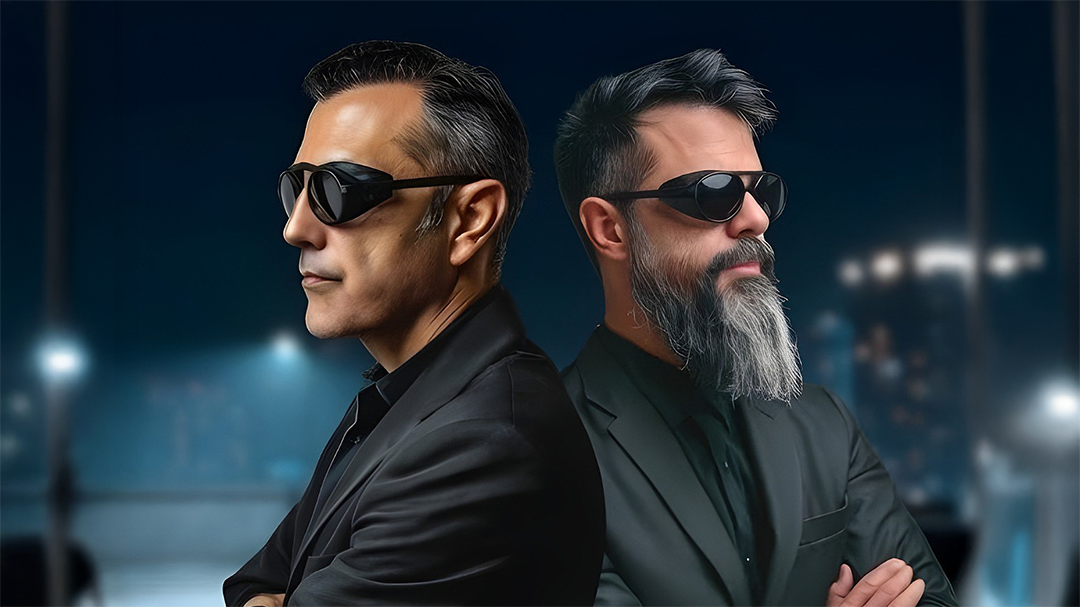The following contains spoilers for One-Star Squadron #5, on sale now from DC Comics.
Previous issues in the One-Star Squadron series saw the run-down "heroes for hire" business Heroz4U losing its endorsement from Superman. This was a major blow to the company, as a word from the Man of Tomorrow made the Hall of Justice pull its endorsement too. Suddenly, the struggling hero business was an outcast and the board wanted to sell it off immediately. Whilst it looked like they would simply be sold to another interested party, the reality was much worse and showed just how polarized the DC Universe really is.
The last issue seemingly revealed a heartwarming tale of one hero's earnestness securing a buyer for Heroz4U. That turned out to be a lie. One-Star Squadron #5 (by Mark Russell, Steve Lieber, Dave Stewart and Dave Sharpe) revealed that the small business looking to buy, the one that praised Minute-Man so highly, was just a front that was owned by Lex Luthor.

Having learned that Superman pulled his endorsement and that Heroz4U was put up for sale as a result, Luthor saw an opportunity. He intended to use the innocent app to spy on DC's heroes, using Minute-Man as his inside man. He came close to having a number of powerful heroes in his pocket. If it wasn't for Minute-Man burning the place to the ground, the likes of Red Tornado and Plastic Man would have been his.
This is more than just Lex Luthor being Lex Luthor though. This is an example of the entire power dynamic of the DC Universe - Superman and Lex Luthor. These two characters, and bitter enemies, have been the foundation of the DCU for years. They are, to many, the essence of good versus evil. To the point that to not side with one means that you have to side with the other. That's exactly what happened here. As soon as Heroz4U no longer had the altruistic Man of Steel on their side, they were forced into the arms of the evil Luthor.
One-Star Squadron has been brilliant at showing the grey areas that heroes are forced to face, especially struggling ones like those at Heroz4U. That's exemplified by Red Tornado's difficult choice when he found out what Minute-Man did at the end of this issue. However, it's also shown that a world where heroes and villains battle so openly so often is one where there are only two options - good and evil - and absolutely no in-between.

Superman is the iconic symbol of good, someone who can rally everyone in the DCU behind him. Meanwhile, his archenemy, Lex Luthor, is the exact opposite. He can pull all of the DCU's darkest forces to his side, especially with the Legion of Doom and alliances with evil cosmic gods such as Perpetua. This was a major story point of Scott Snyder's Justice League run, which led into Dark Nights: Death Metal with Greg Capullo. The entire multiverse was forced to choose between either good or evil - there was no in-between. On either side, of course, were Lex and Superman. Luthor may have tried to be a hero before, even joining the League and adopting Superman's symbol in the Rebirth era, however, that didn't last. Ultimately, that heroic path set him on a course to being the next Darkseid rather than the next Man of Tomorrow.
The fact that the people of this earth have only these two choices, good and evil, is emblematic of the simplified stories that gave birth to superhero comics. For over 80 years, they've been very simple tales of good versus evil. Much of the nuance of the genre has grown over time but still, that simple view of morality has endured, especially thanks to Superman and Lex Luthor. The essence of their characters encapsulates a black and white dichotomy with no shades of grey.
In truth then, the difficult situations and hard decisions that the characters of One-Star Squadron face are because of these two characters. Since their introductions all those years ago, they've gradually shifted the landscape of this world until it has become a case of "us and them". To the point that even losing the support of one automatically means having to be on the side of the other. It shows that thinking of "good" and "evil" in such simple terms can often drive the innocent to do things they would never do in a world that accepted the grey.


